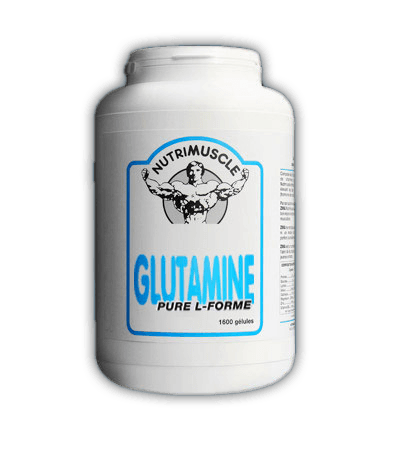Carbohydrate and glutamine supplementation modulates the Th1/Th2 balance after exercise performed at a simulated altitude of 4500 m
Aline V. Caris Nutrition Volume 30, Issues 11–12, November–December 2014, Pages 1331–1336
Objective
The aim of this study was to evaluate the effect of carbohydrate or glutamine supplementation, or a combination of the two, on the immune system and inflammatory parameters after exercise in simulated hypoxic conditions at 4500 m.
Methods
Nine men underwent three sessions of exercise at 70% VO2peak until exhaustion as follows: 1) hypoxia with a placebo; 2) hypoxia with 8% maltodextrin (200 mL/20 min) during exercise and for 2 h after; and 3) hypoxia after 6 d of glutamine supplementation (20 g/d) and supplementation with 8% maltodextrin (200 mL/20 min) during exercise and for 2 h after. All procedures were randomized and double blind. Blood was collected at rest, immediately before exercise, after the completion of exercise, and 2 h after recovery. Glutamine, cortisol, cytokines, glucose, heat shock protein-70, and erythropoietin were measured in serum, and the cytokine production from lymphocytes was measured.
Results
Erythropoietin and interleukin (IL)-6 increased after exercise in the hypoxia group compared with baseline. IL-6 was higher in the hypoxia group than pre-exercise after exercise and after 2 h recovery. Cortisol did not change, whereas glucose was elevated post-exercise in the three groups compared with baseline and pre-exercise. Glutamine increased in the hypoxia + carbohydrate + glutamine group after exercise compared with baseline. Heat shock protein-70 increased post-exercise compared with baseline and pre-exercise and after recovery compared with pre-exercise, in the hypoxia + carbohydrate group. No difference was observed in IL-2 and IL-6 production from lymphocytes. IL-4 was reduced in the supplemented groups.
Conclusion
Carbohydrate or glutamine supplementation shifts the T helper (Th)1/Th2 balance toward Th1 responses after exercise at a simulated altitude of 4500 m. The nutritional strategies increased in IL-6, suggesting an important anti-inflammatory effect.














